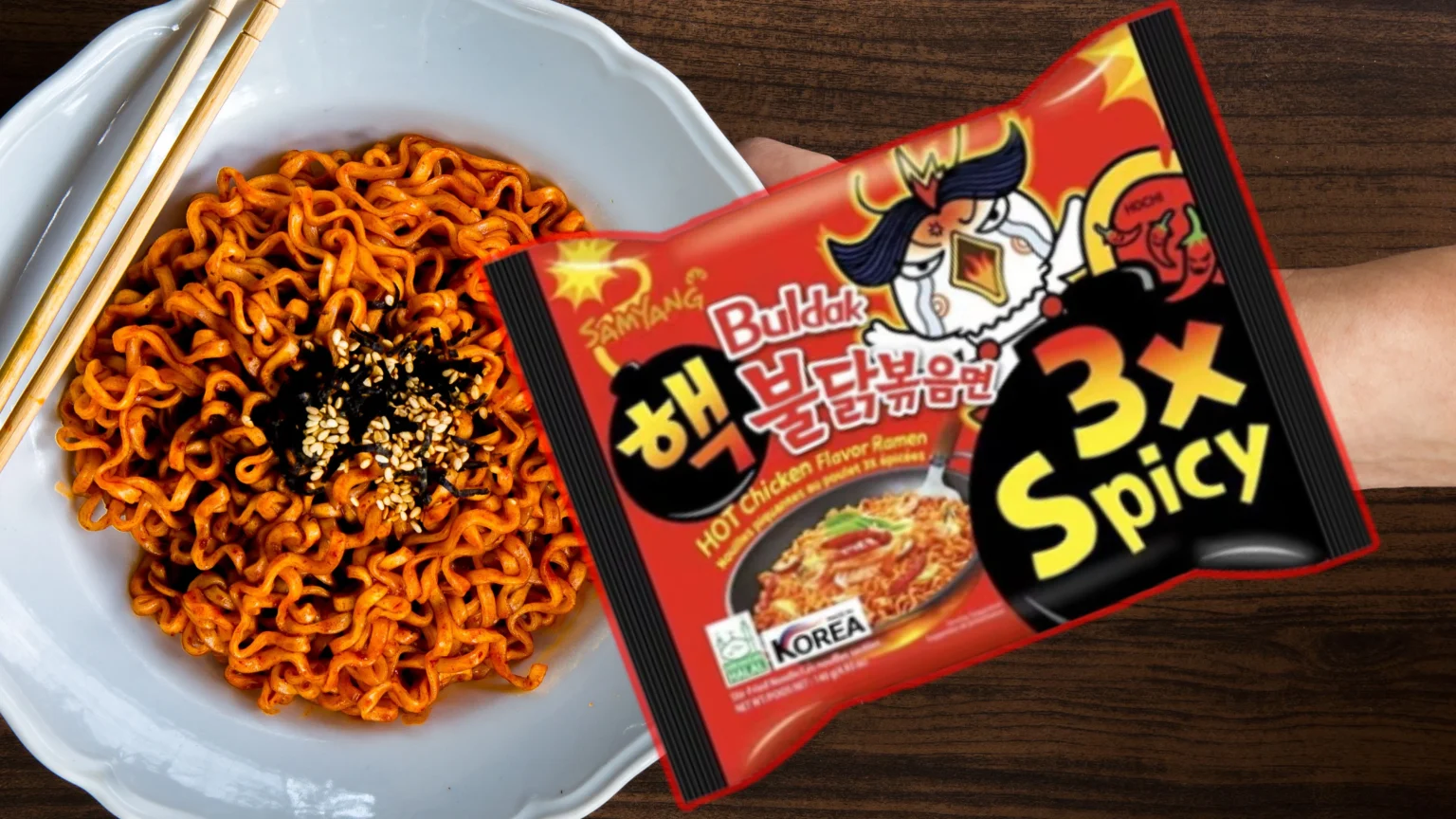Denmark recently made headlines by banning several spicy ramen noodle varieties produced by South Korean brand Samyang Foods from Scandinavian markets due to concerns over their high spice levels.
This decision, the first of its kind, was prompted by worries about the safety of children engaging in social media challenges involving these fiery noodles.
The Danish Veterinary and Food Administration warned that the capsaicin content in these noodles was dangerously high, posing a risk of acute poisoning, especially for children and vulnerable individuals. They advised consumers to discard or return the prohibited products immediately.
The ban came after a concerned consumer questioned the legality of selling these noodles in Denmark.
Although the Samyang Buldak instant noodle line is renowned for its extreme spiciness, Danish officials deemed it excessively hazardous, even comparing it to past incidents of poisoning from chili chips in Germany.
Shop owners and consumers expressed mixed reactions to the ban, with some finding it unnecessary and others supporting the government’s precautionary measures. The ban sparked discussions about spice tolerance and consumer safety standards, particularly in the context of popular food challenges on social media platforms.
While the decision received criticism from some quarters, it also prompted humorous reactions online, with many poking fun at Denmark’s perceived lack of spice tolerance.
Despite the ban, Samyang Foods’ popularity remains strong, with the brand’s stock soaring and social media users continuing to enjoy the spicy noodles, albeit with a pinch of playful commentary on Denmark’s stance.


